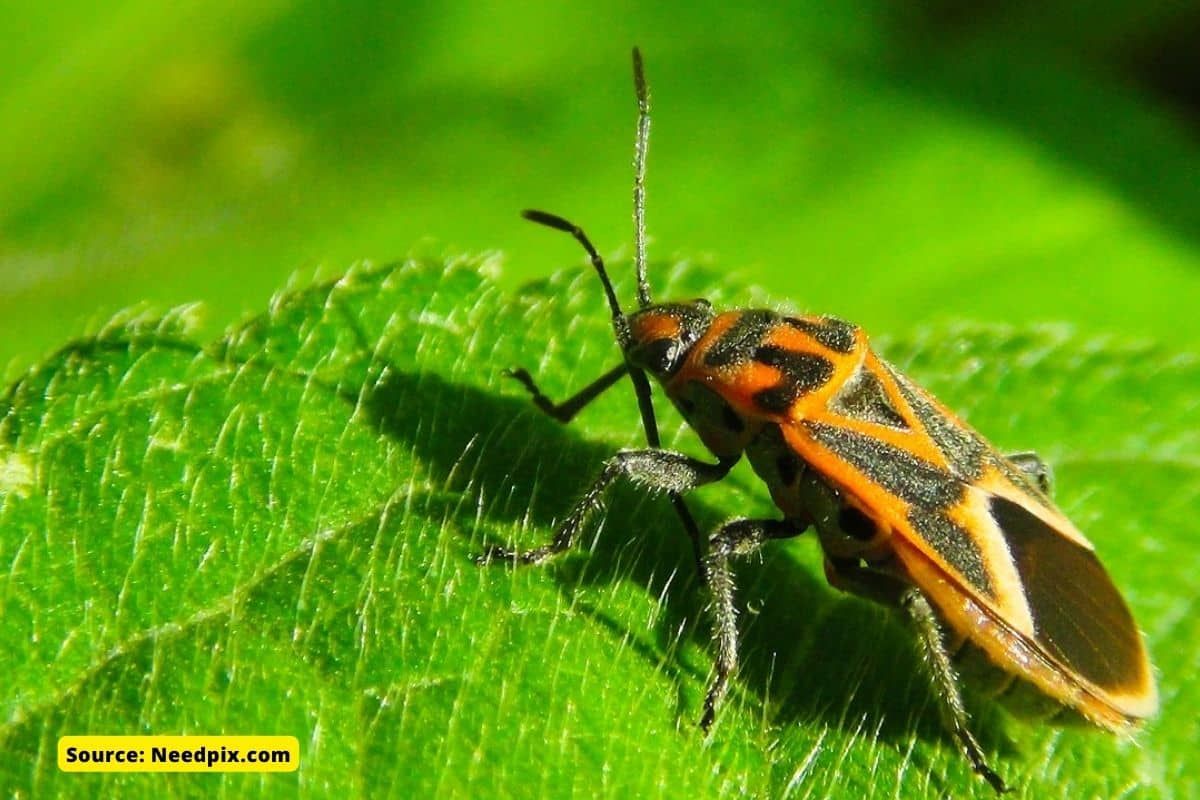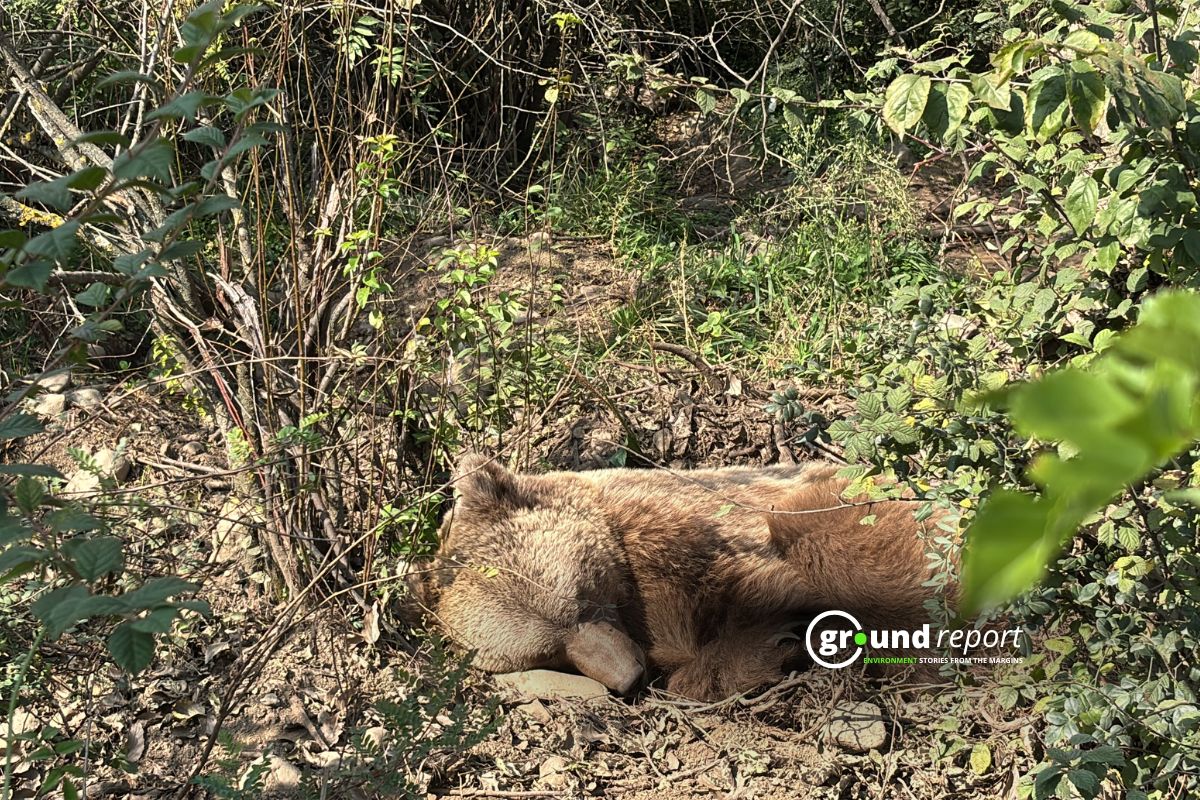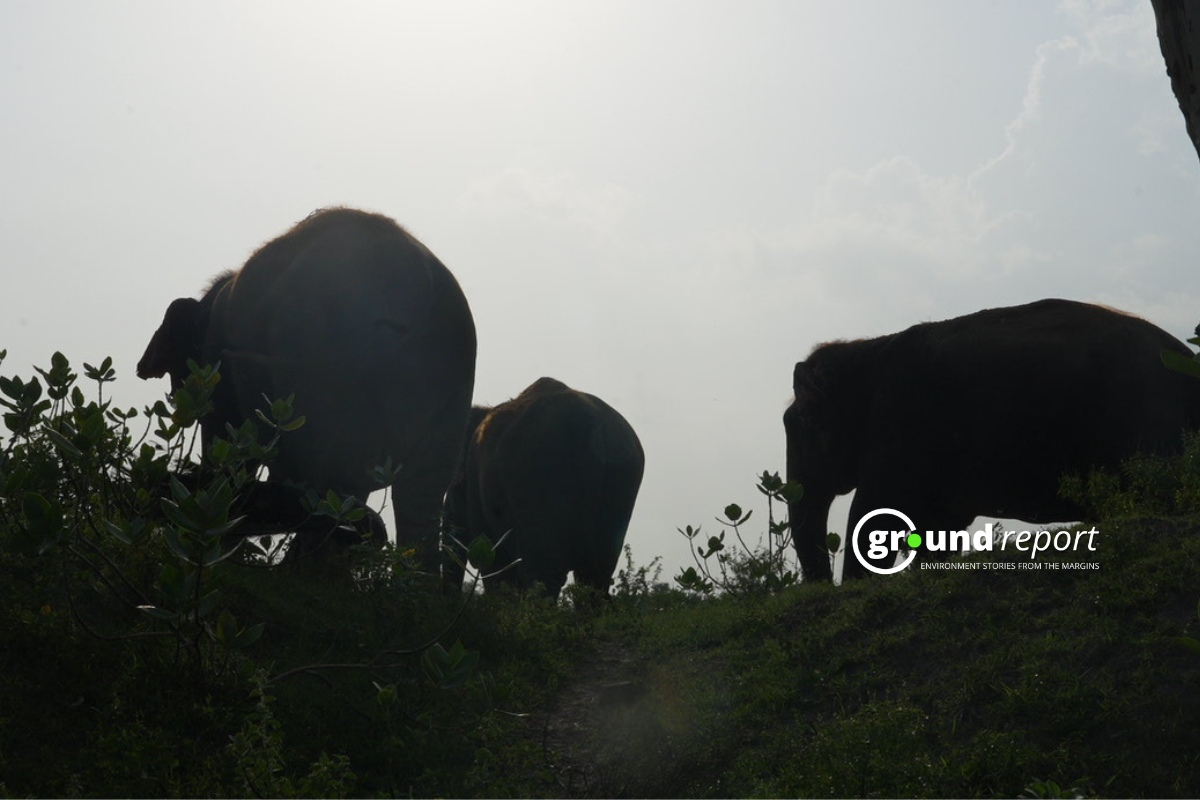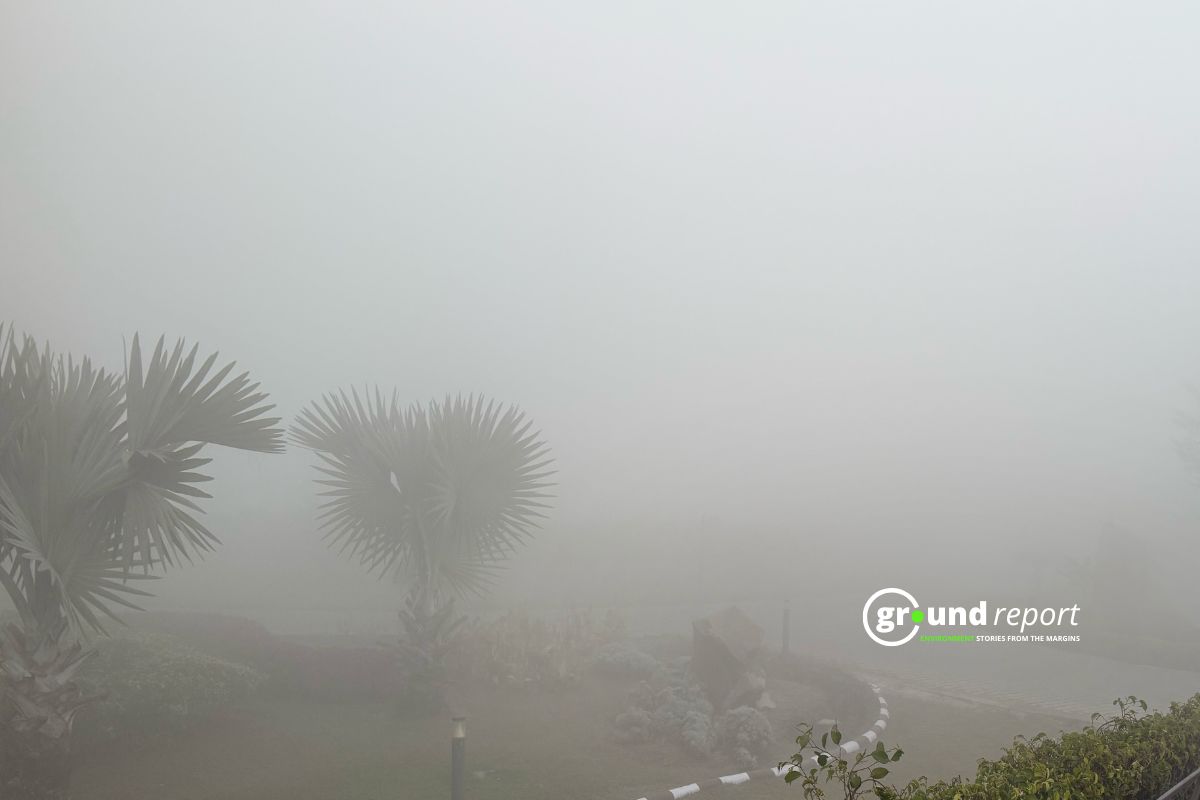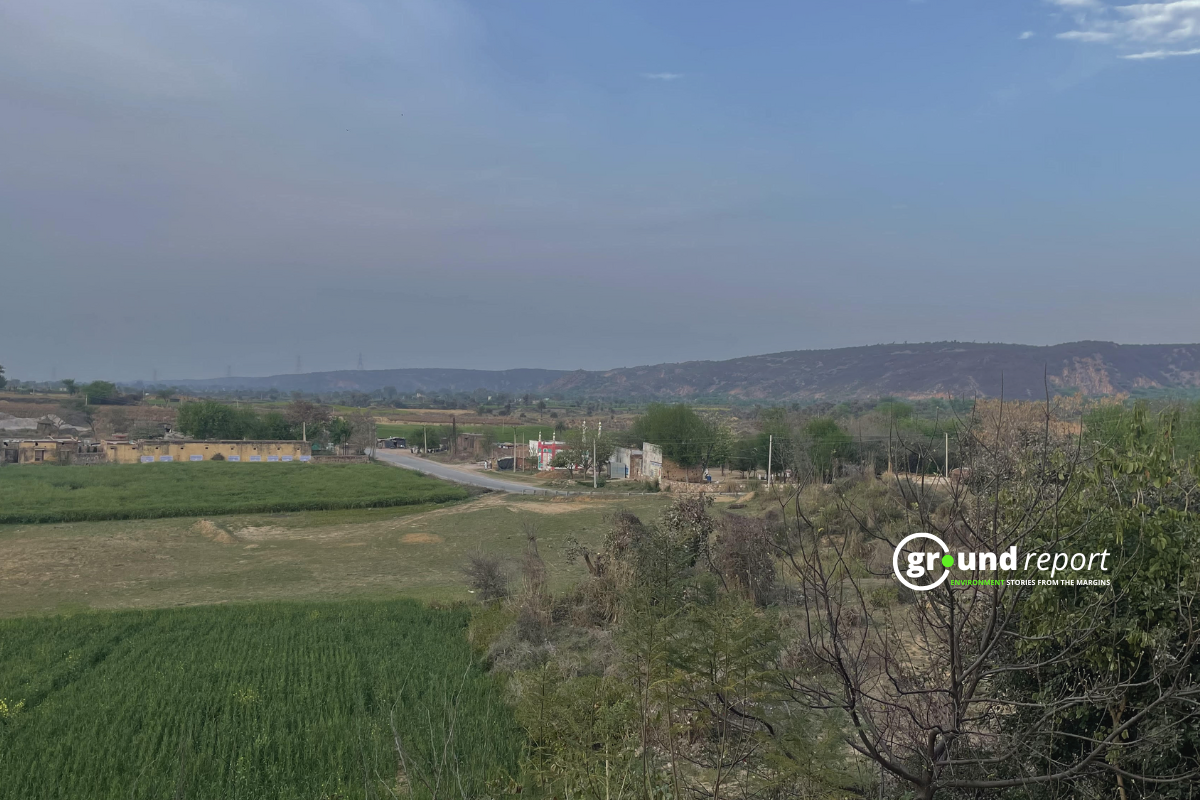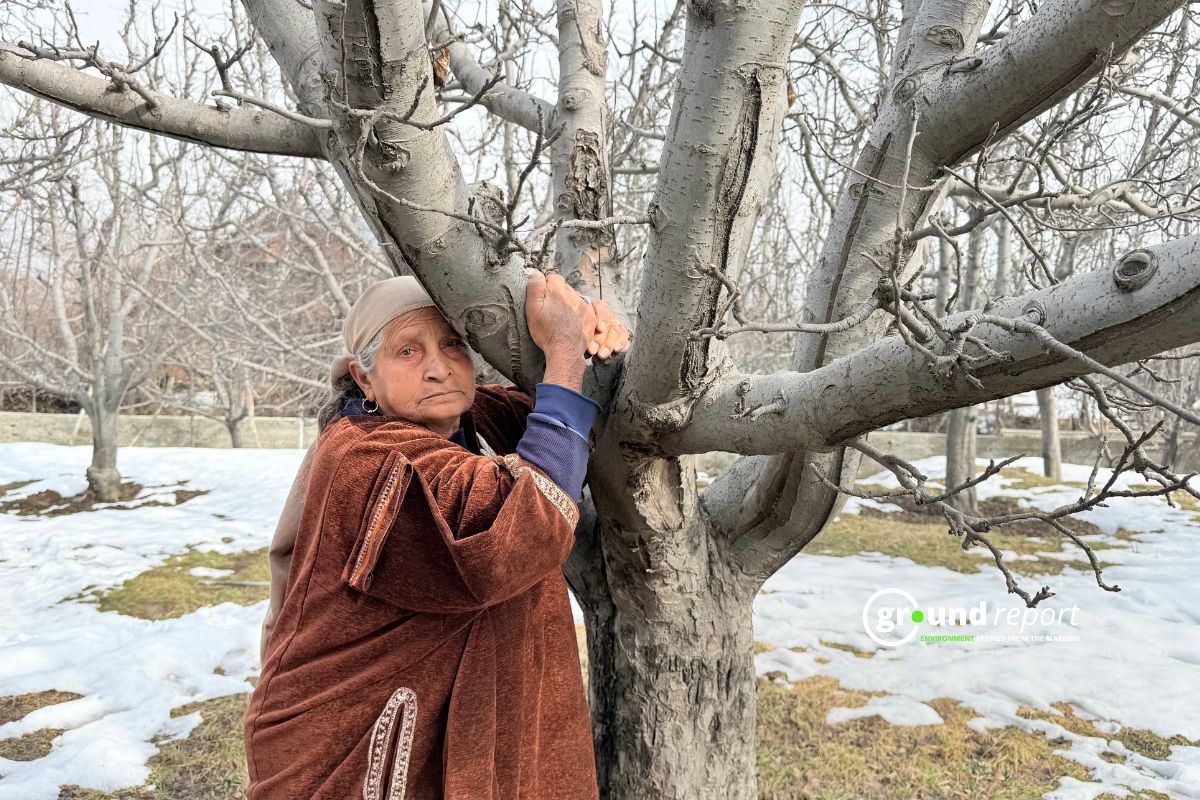New NASA research models are shedding light on how insect populations may respond to severe changes in temperature that are likely climate change. In a study recently published in Nature Climate Change, scientists found that 65% of the insect populations they examined could become extinct within the next century.
Insects play many important roles in Earth’s ecosystems. They help with the production of fruits, vegetables, and flowers through pollination. They break down organic matter. They even help control harmful pests. But there are gaps in our understanding of how insects and ecosystems will respond to climate change.
“We needed a modelling tool to understand how insect populations will be affected by variations in temperature, and that is what we aimed to offer with this study: a more direct and precise way for scientists to understand these dynamics,” said the researcher Dr. Kate Duffy, a former postdoctoral researcher at NASA Ames Research Center.
Duffy and other scientists used advanced modelling to explore how cold-blooded insect populations might respond to projected temperature changes over the next century. The research group found that 25 of the 38 insect species they studied could face an increased risk of extinction over the next century, particularly due to dramatic and erratic temperature changes in their local environments.
Scientists expect climate change to negatively affect biological diversity – the amount of variation found in Earth’s genes, species and ecosystems. Maintaining diversity is essential for human health, food security, clean air and water, and millions of agricultural jobs around the world. Understanding which species may be most at risk could allow conservationists to more precisely focus efforts to combat diversity losses.
Many previous studies have relied on the relationship between average temperatures and species health to inform statistical models of climate impacts on species attributes (such as their distribution or abundance). But such models can sometimes be misleading because the relationship between temperatures and species performance is complex, with many factors at play, and few models adequately account for fluctuations in temperature.
To get a more detailed look at how changes in temperature will affect insect populations, Duffy and colleagues integrated climate projections from the World Climate Research Program, data on how insects behave at different temperatures, and mathematical models, which scientists call “dynamic modeling”. This approach is unique in that it integrates climate projections with existing insect temperature response models to produce insect population projections. Previous studies have provided information on the growth rate of insect populations, but have never before scaled models to the population level.
Their analysis showed that due to extreme temperature changes, 65 per cent of the 38 populations studied could face an increased risk of extinction in the next 50 to 100 years. Changes in temperature are particularly threatening to cold-blooded insects because the creatures lack mechanisms to regulate their body temperature during drastic changes in temperature.
“The data-driven and ecological models from this study could enable more accurate predictions of ecological response than ever before and inform more targeted strategies to help species adapt to climate change,” said Auroop Ganguly, a researcher at the University Northeastern and co-author of the article.
This research was funded primarily by grants from the National Science Foundation, with additional support from the Department of Defense. Duffy led this study while supporting NASA’s Earth Exchange team at Ames and while pursuing his Ph.D. at Northeastern University. She recently co-founded Zeus AI, a NASA Small Business Innovation Research-funded startup that uses machine learning for weather forecasting.
Keep Reading
Part 1: Cloudburst in Ganderbal’s Padabal village & unfulfilled promises
India braces for intense 2024 monsoon amid recent deadly weather trends
Support us to keep independent environmental journalism alive in India.
Follow Ground Report on X, Instagram and Facebook for environmental and underreported stories from the margins. Give us feedback on our email id greport2018@gmail.com.
Don’t forget to Subscribe to our weekly newsletter, Join our community on WhatsApp, and Follow our YouTube Channel for video stories.
